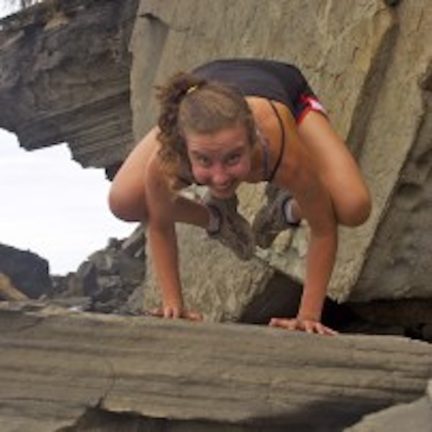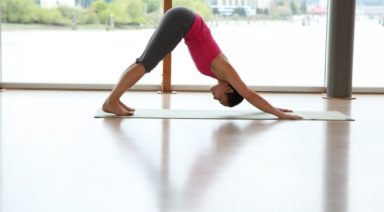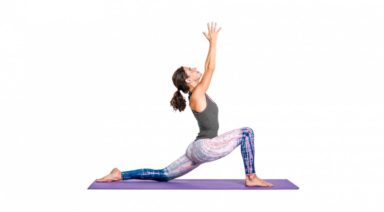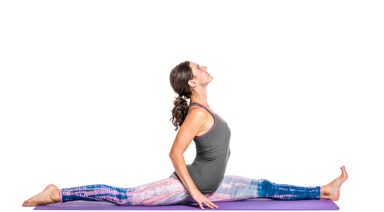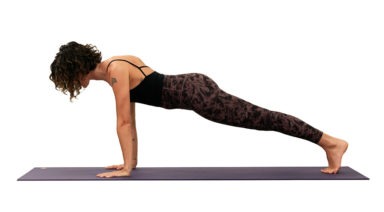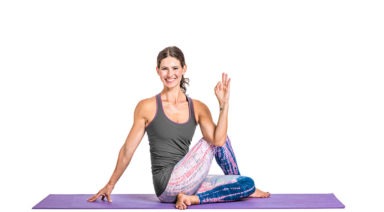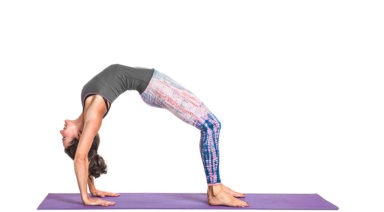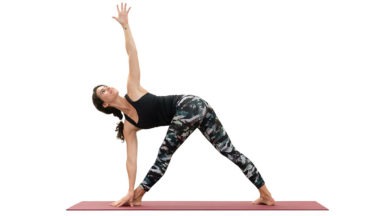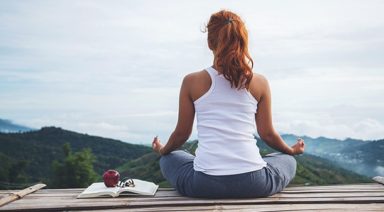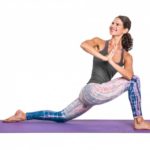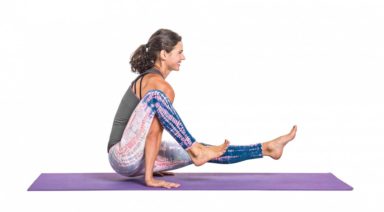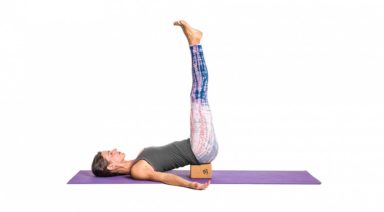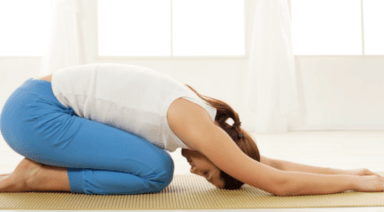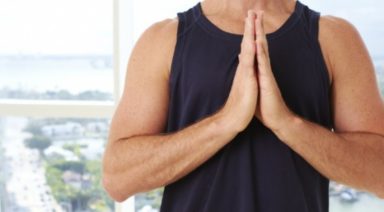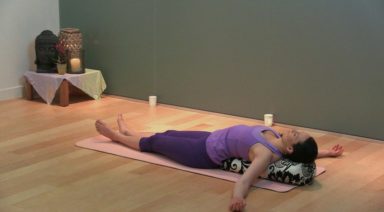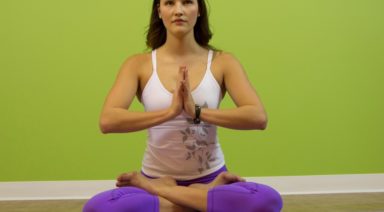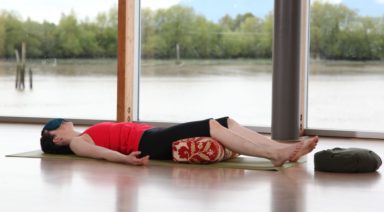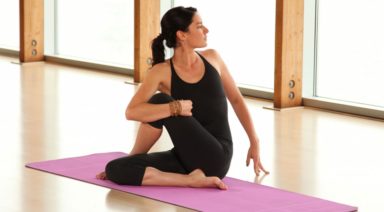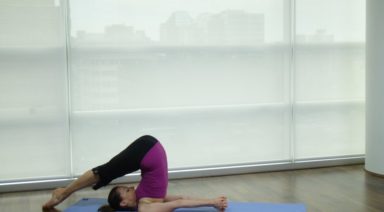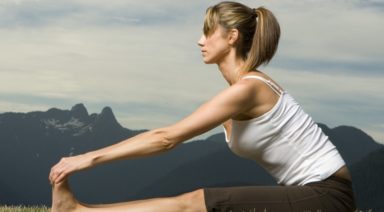Beginner’s Guide to Scorpion Pose

We’ve all had that moment in a yoga class where we hear that unfamiliar Sanskrit word vrschikasana and look over to see the person to our left or right with feet resting on shoulders and a rubber band spine making its way into a circle. Simultaneously, we are mystified and motivated. We want to assume the scorpion! Here are three tools to help you find your scorpion.
- Strength
Shoulder strength is essential.Begin to create strong scapula muscles with dolphin pushups. Start in your dolphin pose and on an inhale, bring shoulders over wrists coming into a dolphin plank. On your exhale, press up and back to dolphin pose. Try these in sets of 10 to start and over time, move to sets of 20 and 30.
- Flexibility
Camel pose is a great way to open the heart and lumbar spine, two motions that are key to enabling a scorpion pose.Try holding your camel pose for 5-10 breaths. Falling back into a camel pose is an awesome step to exploring some pre-inversion trust as well.
- Trust
Fear is our largest barrier in our yoga practice and in the broader scope of our lives as well. Your desire to learn vrschikasana already demonstrates a piece of your fearlessness. Trust is key to any inversion practice. To build confidence, work first with headstand variations. Make your head and arms your new feet and then move to giving your forearms a try!
Beginner Hatha Yoga Poses

Hatha Yoga is the path of Physical Yoga or Yoga of Postures is the most popular branch of Yoga. This style of yoga considers the body as the vehicle for the soul. It uses physical poses or asanas, breathing techniques or pranayama, and meditation in order to bring the body in perfect health and for the more subtle spiritual elements of the mind to emerge freely. The practice of Hatha Yoga will aim for the union of the body and the soul, to fill the body with life force. Swami Svatmarama believed that the regular practice of Hatha Yoga asanas could give “steadiness, health, and lightness of body.”
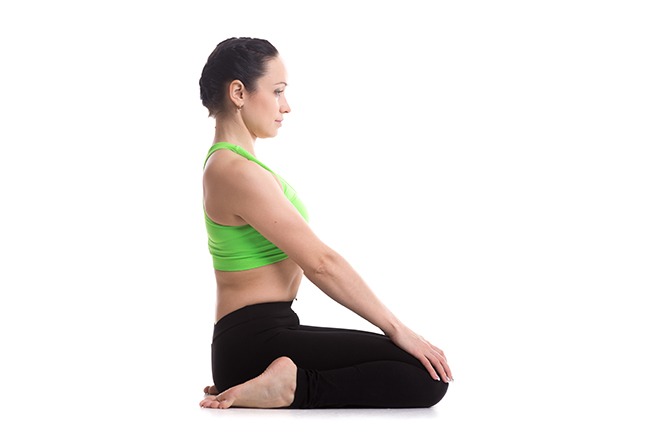
Virasana
Virasana (Hero’s pose) stretches the ankles, gluteal muscles, and other smaller muscles in the hips. Also, therapeutic for high blood pressure and asthma

Matsyendrasana
The Hatha Yoga Pradipika lists a number of specific benefits for Matsyendrasana (the Lord of the Fishes Pose). These benefits include increased appetite, the destruction of multiple diseases, and the awakening of kundalini energy.

Paschimottanasana
Paschimottanasana (the Intense Back Stretch) is a deep stretch for the entire posterior chain of the body. The posture creates openness in the calves and hamstrings and can relieve tension in the back muscles as well.

Dhanurasana
Dhanurasana (the Bow Pose) stretches the hip flexors, abdominals, chest, and shoulders. The posture also strengthens the back muscles.

